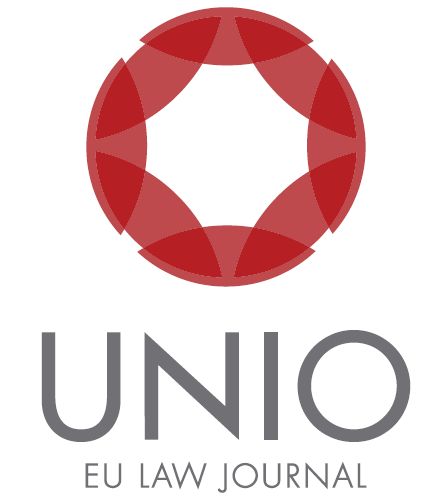By the Editorial Team
▪
The Autumn Eurobarometer and the expectations of European citizens
The Eurobarometer is an instrument used by the institutions of the European Union (EU) to find out and assess the state of European public opinion. Strictly speaking, it is a method of collecting public perceptions, like a survey or poll. Naturally, it focuses on issues and problems that directly concern European integration, but it also covers issues that are relevant from a political, economic, and social point of view. It is a kind of “pulse measuring” of the EU and its citizens. The rigour of the method used, and its credibility make Eurobarometer particularly representative of currents of thought and opinion, with relevance and use in the decision-making and political actions of the EU institutions.
This type of survey – when at all credible, despite the volatility of people’s feelings, emotions, and reactions, which are increasingly moulded by immediacy in the media – is also a factor in good governance. It therefore helps to enliven democracy. It brings the frame of mind of citizens (and therefore voters) closer to political decision-makers. It should be noted that we are increasingly moving towards post-modern democracy – in the sense of post-national, post-State democracy. This means that, with all the (relative) imprecision of the terms now used, democracy and the “popular will” can no longer be circumscribed, imprisoned, reduced to a mere electoral expression, a sporadic vote, preceded by an electoral process (campaign). Furthermore, permanent interaction between elected representatives and voters, as well as an understanding of the people’s messages and way of thinking, are integral factors in a desired democracy and political activity that is sound, transparent and fruitful in terms of satisfying the needs and aspirations of those who are governed. Knowing the reality is fundamental to defining public policies – and the people’s way of feeling and thinking is an inescapable element of that reality.
Continue reading “Editorial of February 2024” →



